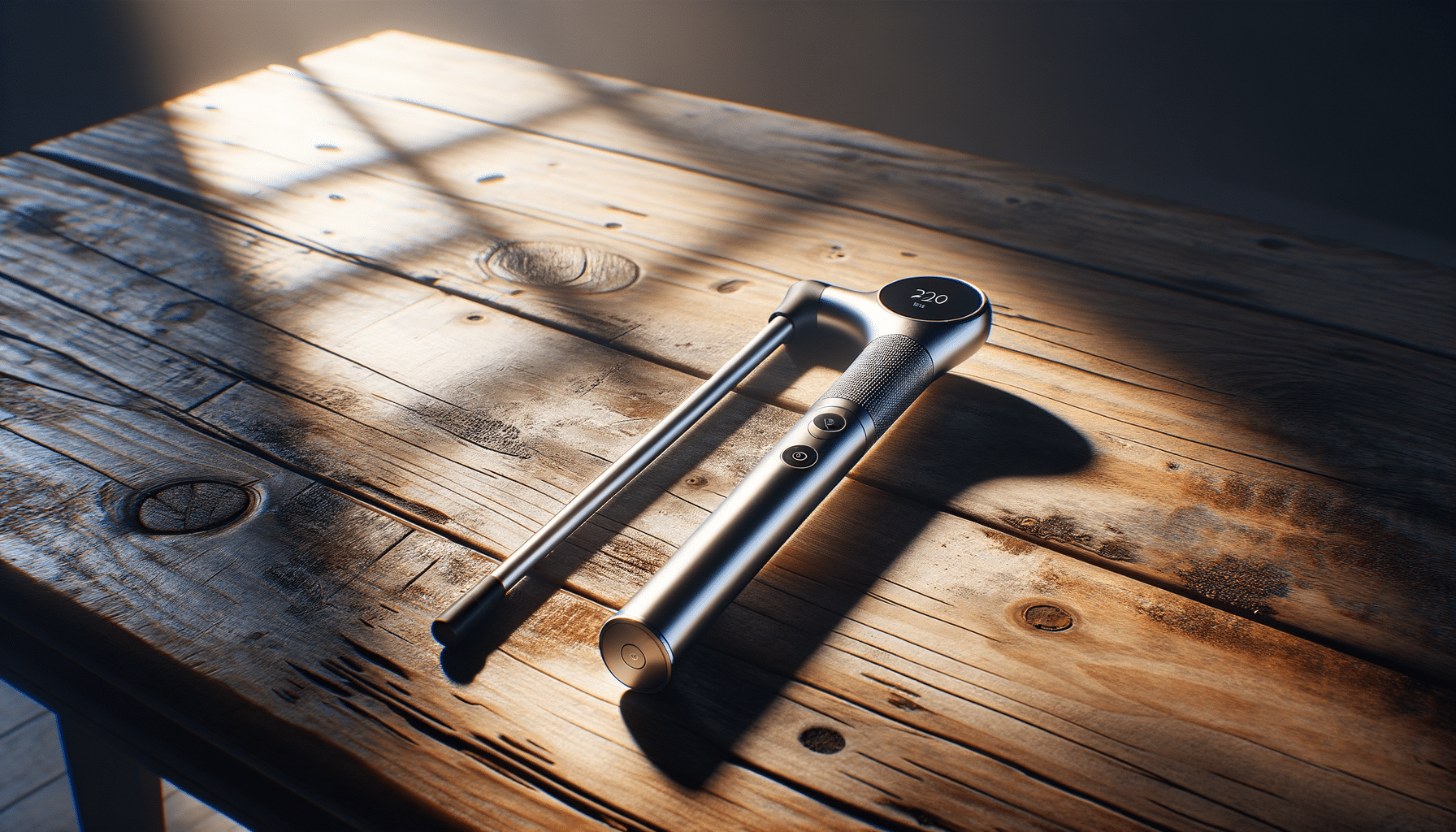
Modern Alternatives to Traditional Canes
Introduction to Modern Mobility Solutions
In today’s fast-paced world, mobility aids have evolved beyond the conventional cane, offering individuals enhanced support and independence. Traditional canes, while effective, often lack the technological advancements and ergonomic designs found in modern alternatives. This shift in design and functionality is not just about aesthetics; it’s about improving the quality of life for those who rely on these aids daily.
Modern alternatives to traditional canes include a variety of devices that cater to specific needs and preferences. From smart canes equipped with sensors and navigation aids to lightweight, foldable walking sticks, these innovations are making a significant impact. By understanding these options, users can make informed decisions that align with their lifestyle and physical requirements.
Smart Canes: Integrating Technology for Enhanced Navigation
Smart canes are at the forefront of modern mobility aids, combining traditional support with advanced technology. These canes often feature built-in sensors that detect obstacles, providing users with tactile or auditory feedback. This is particularly useful for visually impaired individuals, as it allows them to navigate environments with greater confidence.
One of the key features of smart canes is their ability to connect with smartphones via Bluetooth. This connectivity enables the cane to provide real-time navigation assistance, alerting users to nearby points of interest or potential hazards. Additionally, some smart canes are equipped with GPS tracking, offering peace of mind to both users and their families.
While the technology behind smart canes is impressive, it’s important to consider the user’s comfort and ease of use. Many models are designed with ergonomic handles and adjustable heights to ensure a comfortable grip and proper posture. This attention to detail enhances the overall user experience, making smart canes a popular choice among modern mobility aids.
Lightweight and Foldable Walking Sticks: Convenience and Portability
For individuals who prioritize convenience and portability, lightweight and foldable walking sticks offer an ideal solution. These modern alternatives to traditional canes are crafted from durable materials such as aluminum or carbon fiber, ensuring they are both strong and easy to carry.
Foldable walking sticks are particularly beneficial for those who travel frequently or have limited storage space. Their compact design allows them to be easily stored in a bag or suitcase, making them a versatile option for everyday use. Despite their lightweight nature, these walking sticks provide ample support and stability, thanks to their sturdy construction and reliable locking mechanisms.
Additionally, many foldable walking sticks come with adjustable height settings, allowing users to customize the stick to their specific needs. This adaptability not only enhances comfort but also ensures the walking stick can be used by individuals of varying heights, further extending its appeal.
Ergonomic Designs: Prioritizing User Comfort
Ergonomic designs play a crucial role in the development of modern mobility aids, as they prioritize user comfort and safety. Unlike traditional canes, which can sometimes cause strain on the wrist or shoulder, ergonomic models are designed to distribute weight evenly, reducing the risk of injury.
Many modern canes and walking sticks feature contoured handles that fit comfortably in the hand, providing a secure grip even during extended use. This design consideration is essential for individuals who rely on their mobility aid for long periods, as it minimizes fatigue and discomfort.
Furthermore, ergonomic designs often incorporate shock-absorbing materials that cushion the impact of each step. This feature is particularly beneficial for individuals with joint pain or arthritis, as it reduces the stress placed on their joints, allowing them to move more freely and comfortably.
Conclusion: Choosing the Right Mobility Aid
As mobility aids continue to evolve, individuals are presented with a wide array of options that cater to their unique needs and preferences. Whether it’s the advanced technology of smart canes, the convenience of foldable walking sticks, or the comfort of ergonomic designs, modern alternatives to traditional canes offer significant benefits.
When selecting a mobility aid, it’s important to consider factors such as the user’s physical condition, lifestyle, and personal preferences. By doing so, individuals can choose a solution that not only enhances their mobility but also improves their overall quality of life. With the right mobility aid, users can enjoy greater independence, confidence, and comfort in their daily activities.


